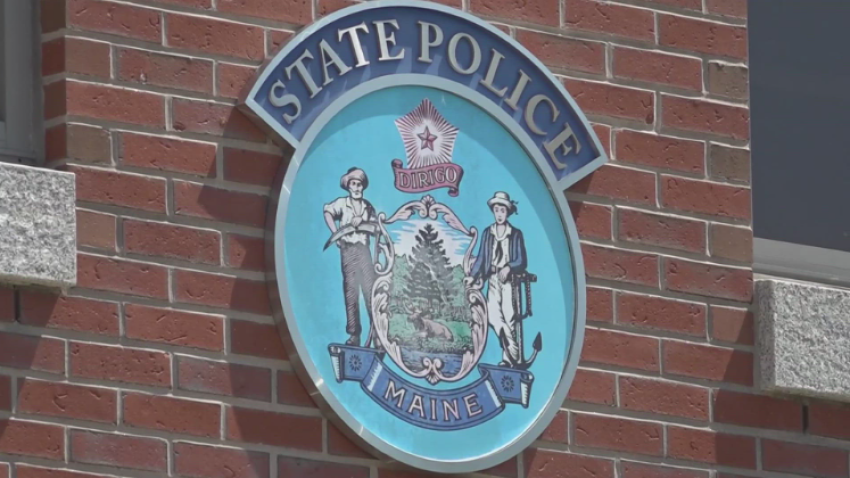

The Latest
-

How Patriots wideout Javon Baker felt about Mike Vrabel praise, new role
Patriots receiver Javon Baker is willing to do whatever Mike Vrabel asks of him as he pursues a roster spot.
-

Patriots RB Lan Larison placed on injured reserve: Report
Undrafted running back Lan Larison reportedly has had his rookie season cut short. Larison has been placed on injured reserve, according to a report from the Boston Herald’s Doug Kyed on Sunday. Larison was seen in a walking boot after the Patriots dominated the Washington Commanders in their preseason opener at Gillette Stadium on Friday nig... -

Dry, slight smoky skies as heat moves back in
Temperatures rise a bit as a southerly breeze takes over Sunday. We reach the 80s all the way to the coast, 90s in the valleys. The humidity inches up a tad too, with dewpoints in the low 60s. Some thin wildfire smoke can be found in our sky, with air quality across the north country being in the “moderate”...
-

Patriots training camp recap: News and notes from Day 13
The Patriots held their final open-to-public training camp session at Gillette Stadium on Sunday.
-

Patriots 53-man roster projection: New plan at WR after preseason opener
A pair of wideouts made their cases to make the team in the Patriots’ preseason opener. Phil Perry shares his latest 53-man roster projection.
-

Harmful algae bloom reported in Fenway's Muddy River
Cyanobacteria was found in the area of the river between Brookline Avenue and Avenue Louis Pasteur, according to the Boston Public Health Commission..
-

Beautiful weather continues Sunday as things start to heat up
Sunday kicks off a stretch of hotter weather across the region, with sunshine pushing highs into the upper 80s along the coast low 90s inland spots.
-

Person dies after boat capsizes off Nantasket Beach
A person was pulled unresponsive from the waters off Nantasket Beach in Hull, Massachusetts, on Saturday.
-

Could we see the northern lights in New England tonight? There's a chance
A solar storm continues to impact our atmosphere and that means the aurora may be visible the next couple of nights.









